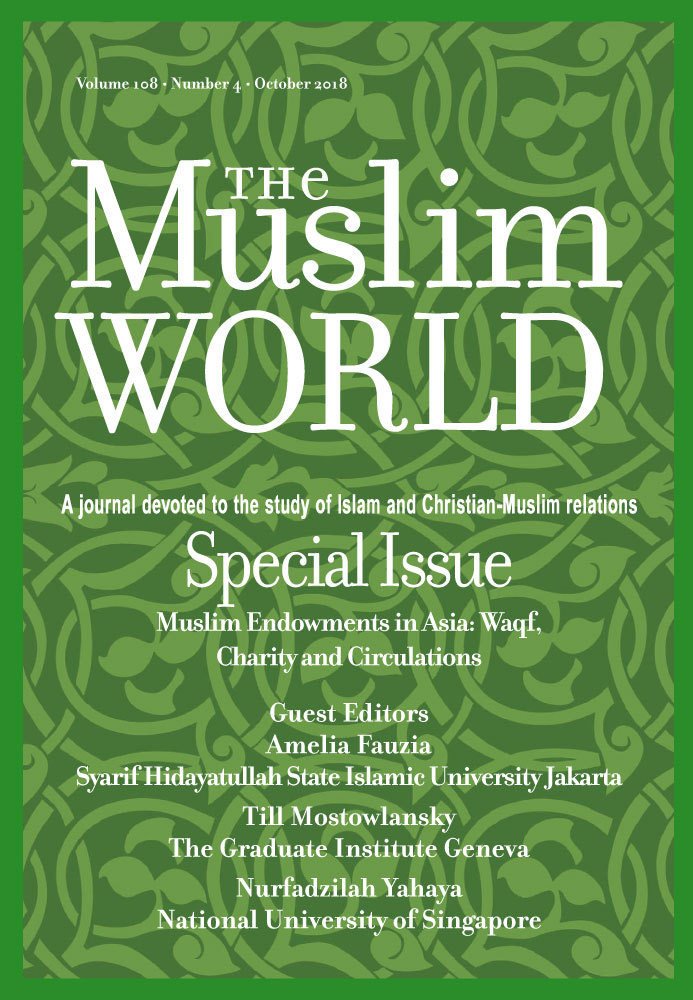In 1875, the highest official religious‐legal authority in the Ottoman Empire, the office of the şeyhülislâm, the chief imperial mufti, received an inquiry from Mount Lebanon’s governor about inalienable endowments, or waqfs. “Some inhabitants of the Mountain” he noted, “have been founding waqfs with the intent (qaṣdıyla) to escape the sale of these properties in fulfillment of debts.” “Are these waqfs legally valid?” he asked. The governor’s question arose at a time of vast changes in the Ottoman property regime including a new land code, an attempt to bypass tax‐farmers in favor of direct taxation of title‐holders, systematic foreclosure for debt, and up‐front ownership by foreigners. In such a tumultuous landscape, the Mountain inhabitants’ attempt to escape some brutal effects of these changes does not come as a surprise. The governor’s question about the sincerity of the founders as addressed to the şeyhülislâm, however, is more unexpected if one is to believe the dictum that “law is concerned with external conduct [and] morality with internal conduct.” Were state officials and qadis now concerned with the intent (niyya) of their legal subjects? Is that concern with sincerity a reflection of the growing importance of interiority and inwardness, the idea that we have inner depth that is the locus of the true self, characteristic of modern subjectivity, as Charles Taylor and others have noted?
Publication Type
- Article



